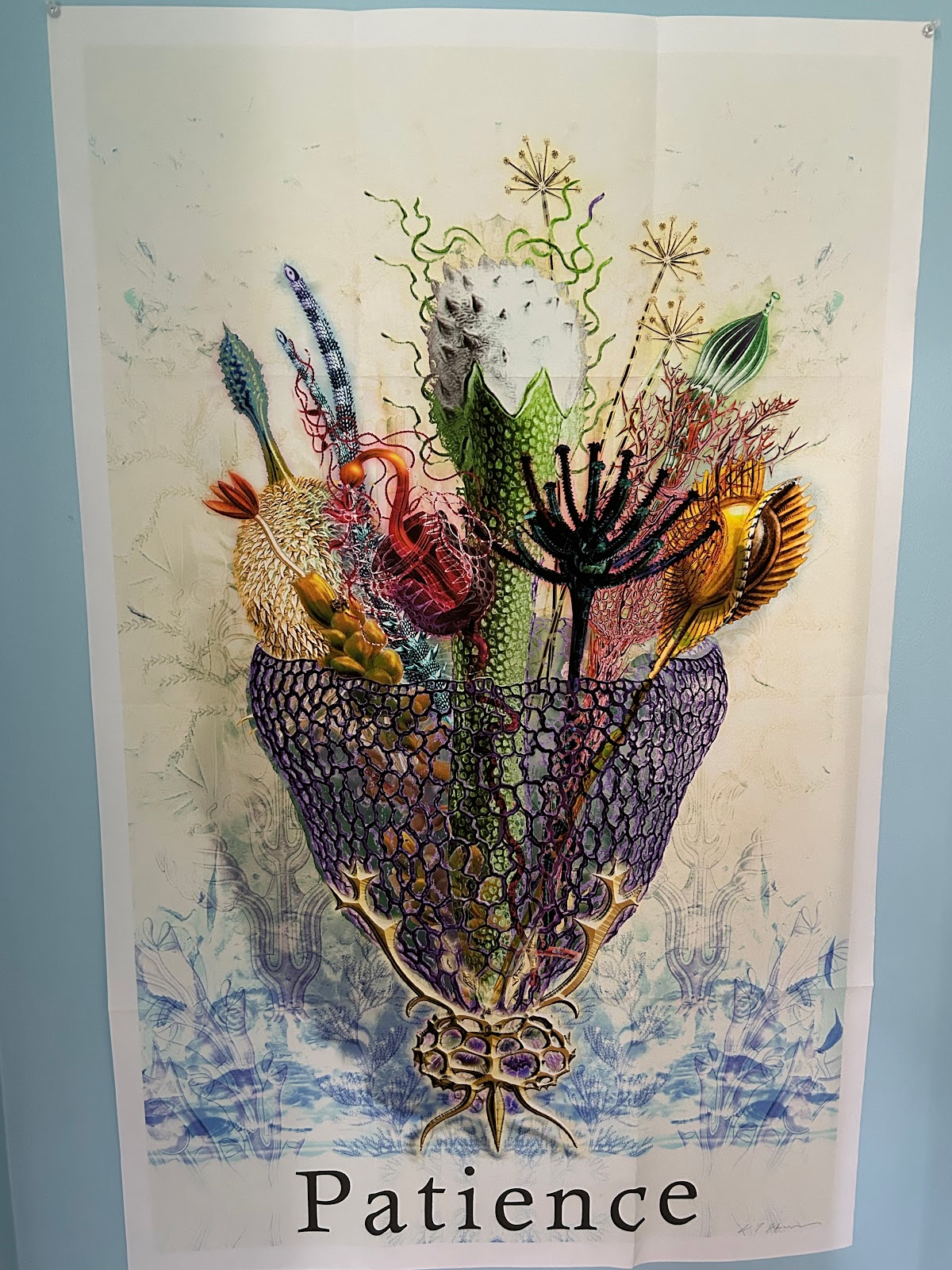A few years back, my husband and I bought a Prius. The following year, a close friend bought one too. One day, when I was pondering where to store emergency supplies in our car, this friend suggested I put them in the hidden area under the trunk’s floor.
Hidden area? I didn’t know there was a hidden area.
When I asked her how she knew about this, she told me she had read the manual. What a concept. I have never read a car’s manual, except to look up how to perform a particular function or to find out why there is suddenly an alarming-looking exclamation point on my dashboard There are probably many features of my car (and past cars) that I know (or have known) nothing about.
Here’s the thing. I have a teensy problem with impatience. Sitting and reading through a car manual is beyond my patience limits. Same with reading directions. Sure, I can read and follow a recipe (if, and when, I feel like cooking), but carefully reading about how to put together something like a bookcase or a desk that arrives in pieces in a box – I just can’t make myself do it.
In my defense, the directions are often badly translated from Japanese or Swedish. And don’t get me started on the diagrams. But even if they were written in perfect English, with diagrams aimed at a third grader, I would be unlikely to get beyond the first page before my eyes glazed over.
I am not proud of my impatience. I know it isn’t attractive. It gets me into trouble with my husband sometimes – he being a slow-talking Midwesterner, and I being a fast-talking Jersey girl. “Are you going to finish your sentence?” I will ask when he takes one of his 10 to 15-second pauses mid-thought.
Not nice, I know, but I feel like my idle is set too fast, and I don’t know how to reset it. (Is there a manual for this?)
Sometimes—to my detriment—I combine impatience with procrastination. I can’t make myself pack for a trip ahead of time. I wait until the last minute when I don’t have the time or patience to do it right. In consequence, I will wind up throwing way too many of the wrong clothes into a suitcase and hoping for the best. (I have done better with infrequent trips abroad – for these, I make myself decide which five things I will wear for two weeks. But, car trips, fuggedaboudit – there is no limit to what can be jammed into a car.)
And while I am confessing, I will share that I am extremely impatient when I am sick. My husband will simply sit and read when he is under-the-weather. Not me. I will chafe against my restrictions until impatience turns to panic, as I become certain that I will never feel well again.
Why can’t I be more like him? (If patience is my spiritual lesson for this lifetime, I may have to live another hundred years, and there is no guarantee that would be long enough.)
There are, however, occasions for what I will call justified impatience. These include long lines at stores that have fired most of their checkers and replaced them with self-checkout stands; waiting on hold with a company that refuses to hire enough humans to service their customers; phone trees with no humans at the end; phone helpers who have neither answers nor power; and companies whose only phone help is a recording telling you to search their web site, which, of course, does not have the answer to your question. I will not apologize for my impatience in these situations, although I do try not to take out my frustration on the aforementioned phone helpers.
Justified impatience aside, I do get this patience thing right at times. I have endless patience for my granddaughters, aged one and one-and-a-half. I am charmed when they hand me things over-and-over again or want me to read the same book multiple times. I was patient and present during my years as a hospice volunteer. I am never bored in my garden, where my back gives out long before my patience, and I can sit for a long time once I get going on a writing project.
That’s a start, isn’t it?
I’ll report back in a hundred years . . .



